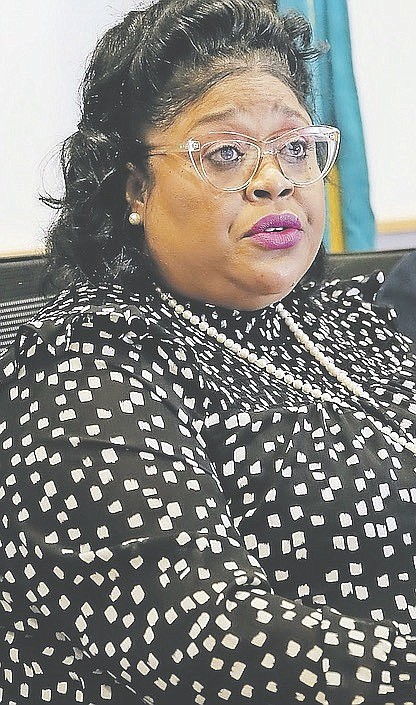The Bahamas is confronting a critical shortage of approximately 500 registered nurses, according to Dr. Aubynette Rolle, Managing Director of the Public Hospitals Authority (PHA). This alarming deficit, exacerbated by the mass departure of healthcare professionals and plummeting staff morale, is placing immense strain on the nation’s public health system. Dr. Rolle revealed that instances of over ten nurses resigning in a single month have had a ‘significant impact’ on operations.
To address the crisis, the PHA has intensified efforts to recruit nurses from Africa and other countries while striving to retain Bahamian staff. However, Dr. Rolle emphasized that the issue extends beyond financial compensation. Factors such as job satisfaction, professional development opportunities, and leadership support play a pivotal role in retaining nurses. “It’s not only the dollar figure,” she stated. “It’s about feeling valued, having a clear career path, and receiving mentorship from leaders.”
The situation has drawn sharp criticism from Bahamas Nurses Union President Muriel Lightbourn, who reported that more than 50 nurses have left the public healthcare system in the past three to four months. The union is advocating for enhanced benefits and improved working conditions to curb the exodus of skilled professionals.
Recent incidents, such as the suspension of senior nurse Pearl Williams after she highlighted deplorable conditions at Princess Margaret Hospital—including leaking roofs, rodent infestations, and supply shortages—have further underscored the system’s challenges.
Dr. Rolle noted that the most severe shortages are in specialized fields like intensive care, neonatal care, midwifery, and dialysis. The PHA is developing new training modules to ensure continuous professional development through its academy. Despite these efforts, the nursing shortfall appears to be worsening, with Dr. Rolle’s latest assessment contradicting earlier claims by Health and Wellness Minister Dr. Michael Darville, who had suggested the gap was narrowing.
The COVID-19 pandemic has further eroded morale, with many nurses grieving the loss of relatives and colleagues without adequate time to process their emotions due to chronic understaffing. Dr. Rolle acknowledged the need for improved working conditions, access to training, and better staff treatment. She highlighted initiatives such as psychological support spaces, leadership training, and the establishment of a Patient Experience Department to enhance communication and care delivery.
While Dr. Rolle assured that the PHA is actively addressing complaints about staff behavior and patient care, she cautioned that meaningful improvements will require time and sustained effort.
